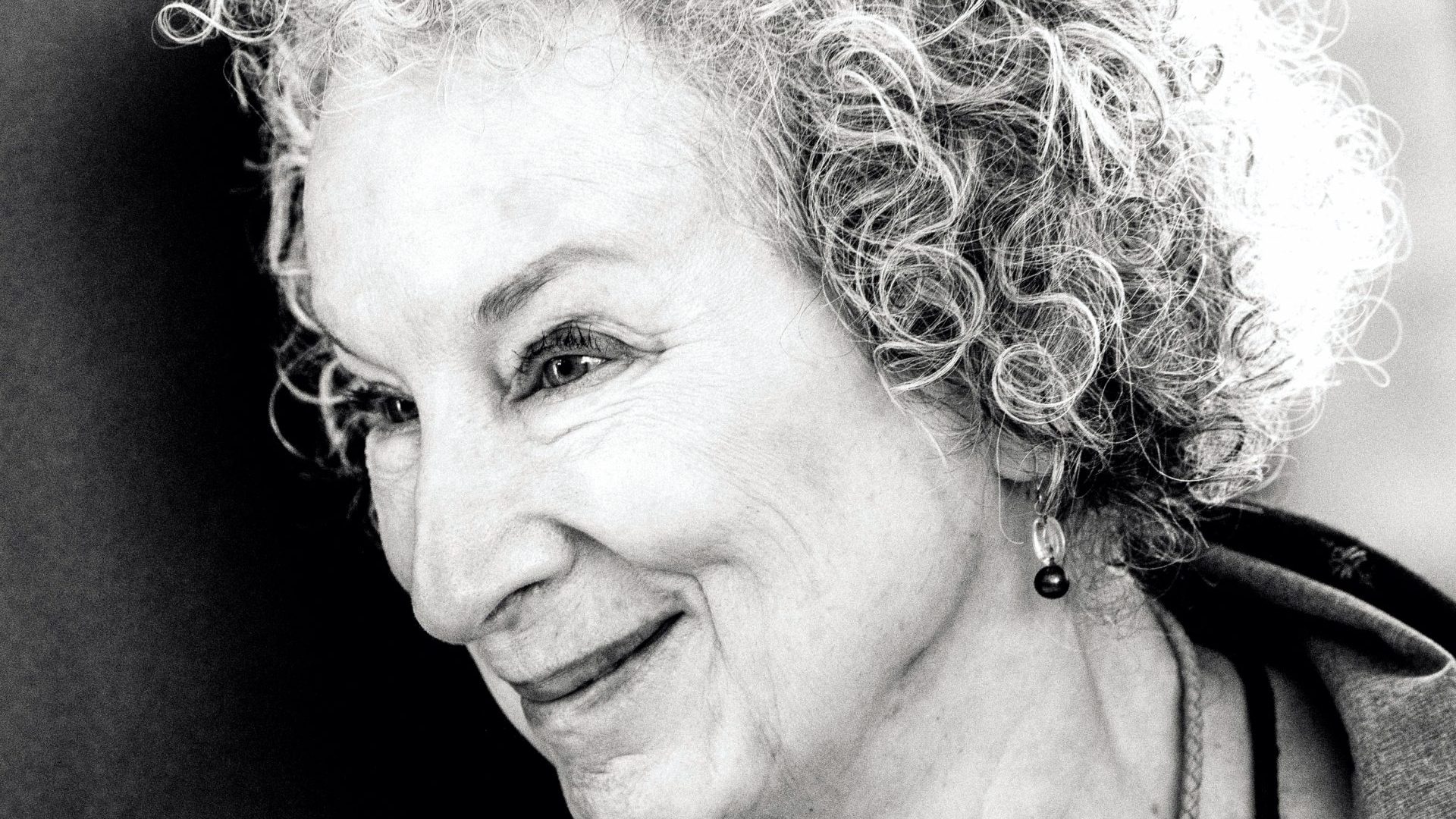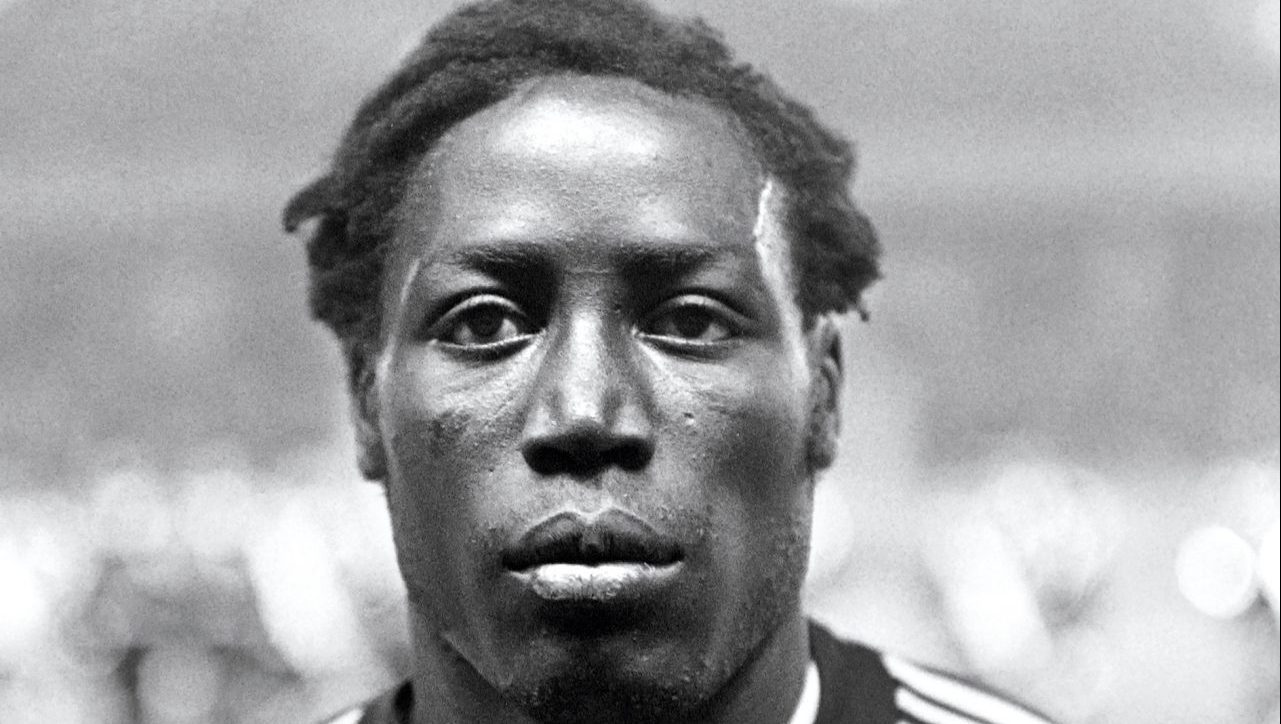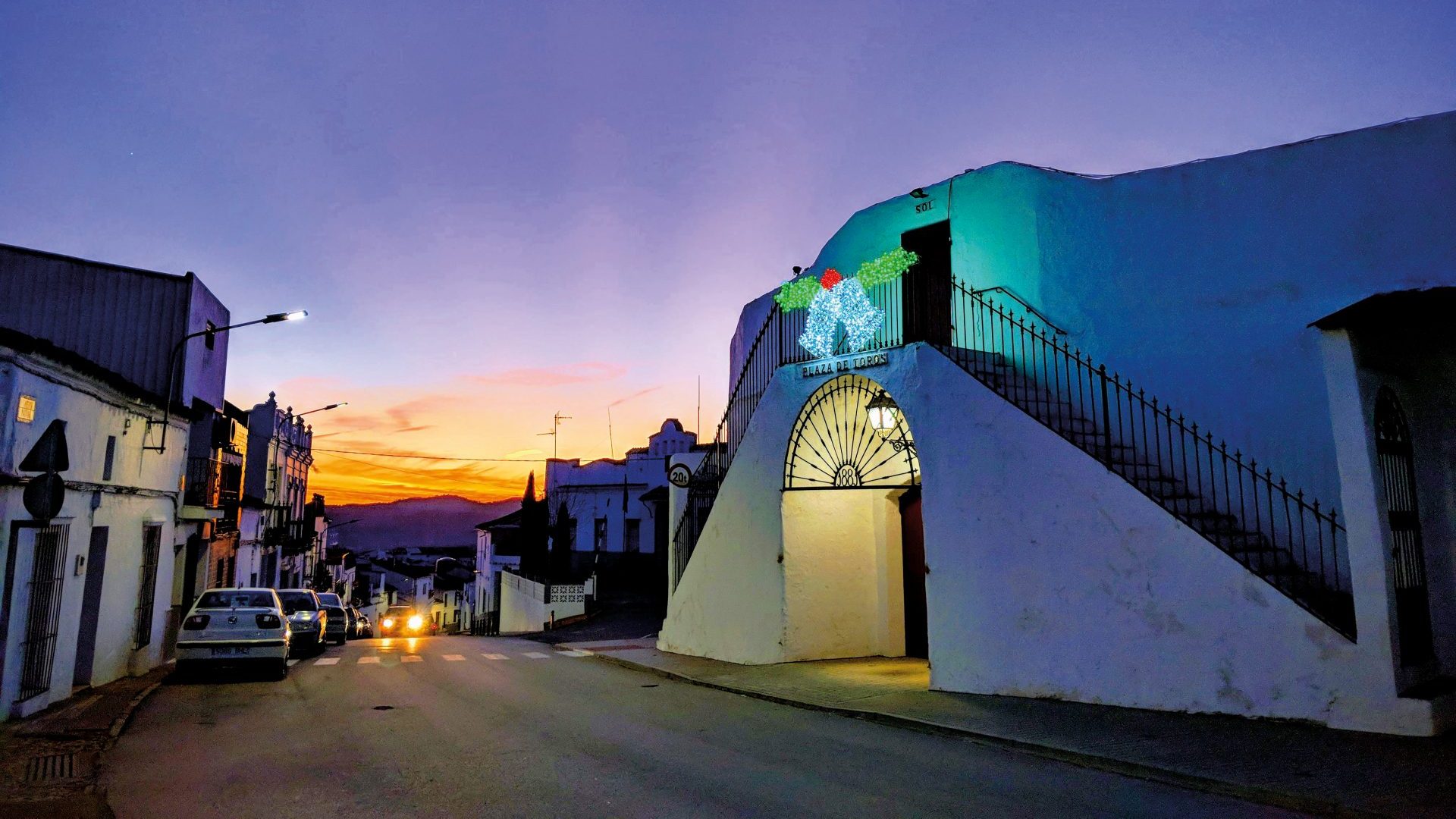“January,” wrote Patricia Highsmith in her 1952 novel The Price of Salt, “was a two-faced month, jangling like jester’s bells, crackling like snow crust, pure as any beginning, grim as an old man, mysteriously familiar yet unknown,
like a word one can almost, but not quite, define.”
For this grim, old man, January is a month to be endured beneath pewter
skies in the face of sharp-knife winds, team already out of the FA Cup, just
waiting for the days to dish up a civilised amount of daylight again.
At least there is a year’s reading to look forward to. From a December
spent thinking about what’s gone before, January is a time to eye up the
spaces on the bookshelves and wonder what might be coming to fill them.
As the coronavirus era enters its third calendar year, there’s been very
little fiction dedicated to it. This is not a situation causing me great concern.
If novelists don’t want to go there yet that’s absolutely fine with me and I suspect I might not be alone.
Whether it’s mask-wearing, working from home, contracting the virus
ourselves or mourning someone close who died as a result of it, Covid-19 has
intruded on every aspect of our lives and looks set to do so for some time yet.
Does anyone honestly want that reflected in the novels they read, here, now, right in the middle of it all?
It dominates our television screens, our everyday conversation, the political
discourse: surely our literary choices, at least for the time being, are best employed as a respite from all that. Is anyone really fevered with anticipation – once they’ve checked it is anticipation and not Covid – for the
Great Pandemic Novel? Because I’m not.
Obviously. If literature is to at least reflect contemporary life, then we can’t
ignore our current situation. If you want to avoid mention of it altogether,
there are several centuries of global fiction to choose from, after all. A
number of writers allude to it in their latest work – Sally Rooney’s Beautiful
World, Where Are You mentions, in passing, the lockdowns in Ireland – but
novels that tackle the pandemic head-on are, so far at least, thin on the
ground.
Last year saw a handful of offerings set deliberately in the pandemic. Ali
Smith’s Summer, Burntcoat, by Sarah Hall, Wish You Were Here by Jodi Picoult and The Fell by Sarah Moss were the highest-profile examples, but it seems most fiction writers consider it still a little too soon. There’s perhaps
something too contemporary about the coronavirus.
Maybe it’s a topic so vast, so all-encompassing, that it requires a
certain amount of distance before becoming properly eligible for
authorial consideration. After all, it took several years for significant
fictional responses to the September 11 attacks.
That’s not to say there won’t be some noteworthy fictional responses this
year. One book coming down the pipe – it’s been put back a few times already and now seems to be scheduled for the autumn – is Fourteen Days: An Unauthorized Gathering, to be published in the UK by Vintage. A collaborative novel in the style of The Decameron, Boccaccio’s 14th-century response to the Black Death, Fourteen Days sees chapters written by a range of contemporary novelists including Margaret Atwood, Celeste Ng, Dave
Eggers and Emma Donoghue about a group of characters locked down in a Manhattan apartment block in the early days of the pandemic, telling stories just as Boccaccio’s creations had in a villa outside Florence.
Before that comes 700-page whopper To Paradise by Hanya Yanagihara (Picador, £20), whose 2015 Booker-shortlisted A Little Life established her as a major force in American fiction and sold by the bucketload here. To Paradise, out later this month, consists of three stories set over two centuries in an alternative vision of New York in 1893, 1993 and a third section that takes us forward to 2093 when the world has been defined by a series of global plagues. That might just be distant enough from our every-day anxiety to allow in echoes of our lived reality. Away from Covid, something I’m hoping to see is a continued renaissance in literature from Africa. The past 12 months proved to be a watershed year with South African Damon Galgut’s The Promise winning the Booker, David Diop’s At Night All Blood Is Black carrying off the International Booker for its French-Senegalese author and Mohamed Mbougar Sarr, also from Senegal, winning France’s Prix Goncourt with La plus secrète mémoire des hommes, (The Most Secret Memory of Men), becoming the first author from sub-Saharan Africa to win the prestigious award and, at 31, one of the youngest.
On top of that, the Nobel Prize for Literature was won by Abdulrazak Gurnah, originally from Zanzibar and now living in Britain, the first Black
African writer to be recognised by the Nobel academy since Wole Soyanka in
1986, while Portugal’s Prix Camoes went to Paulina Chiziane from Mozambique.
“This has been a great year for African writing and I would like to
accept this on behalf of all the stories told and untold, the writers heard and
unheard from the remarkable continent that I’m part of,” said Galgut in his Booker acceptance speech. “Please keep listening to us, there’s a lot more to come.”
As publishing attempts to engage with a more diverse range of authors in the light of the Black Lives Matter protests, hopefully Galgut’s exhortation will be noted and his and other highprofile awards will spark publication in Europe of a wider range of fiction from Africa. Fingers crossed an English translation of Mohamed Mbougar Sarr’s Prix Goncourt winner is in the works, for example, in the meantime, his searing Brotherhood was published in the UK by Europa Editions in Alexia Trigo’s translation last March.
Gurnah’s body of work certainly justifies exploration. His most recent novel Afterlives, set on the coast of Tanzania during German colonial rule at the end of the 19th century, was published in 2020 by Bloomsbury.
Hopefully, a wider selection of African literature becoming available will also see the name of the continent used less and individual nationalities more. It goes without saying that the range of fiction coming out of Africa is at least as diverse as on our own continent, with some nations flourishing more than others. Senegal’s representation among the 2021 prize winners is indicative of a vibrant literary scene there and among its diaspora, and that’s something I’m certainly hoping to explore in my 2022 reading.
Closer to home, among the eye-catching titles coming our way this year is Monica Ali’s Love Marriage, published next month by Virago. It’s the first novel in a decade by the Brick Lane author so the level of anticipation surrounding her tale of a British-Asian woman and her English fiancé and the issues arising as their families try to understand each other, is high. Expect this one to be among the runners and riders for the Booker and Women’s Prizes. The 2020 Booker Winner, Douglas Stuart, follows up Shuggie Bain with another exploration of masculinity in his home city in Young Mungo, a love story stretched across Glasgow’s religious divide as Protestant
Mungo and Catholic James’ friendship turns into something more serious; not an easy relationship in a macho, working-class environment already
divided along religious lines. Out in April from Pan MacMillan, this is a title
likely to be mentioned come awards season.
Hannah Kent’s 2013 debut Burial Rites, a fictional imagining of the life of the last woman to be executed in Iceland at the dawn of the 1830s, was a spectacularly good novel. Her follow-up The Good People felt a little as if she was trying to cram as much Irish folklore research as she could into one character, but next month sees the publication of her third book Devotion. Once again she focuses on a marginalised woman from the past, this time Hanne, a teenager from a Prussian village during the 1830s unhappy at the life of domestic drudgery ahead dictated by the norms of the time. I’m looking forward to this greatly.
In March from John Murray – who outbid four other publishers to secure
it – comes Memphis by Tara M. Stringfellow, a three-generation exploration of a Black family living in the Tennessee city.
Stringfellow’s grandfather was the first Black police detective in Memphis, an achievement that got him lynched, and her grandmother was the city’s first Black nurse in a white hospital, making this bildungsroman an authoritative delve into US civil rights history.
Also on my radar is Louise Kennedy’s Trespasses, due in April from
Bloomsbury. The follow-up to last year’s dazzling short story collection The End of the World is a Cul de Sac, Kennedy’s first novel sees primary school teacher Cushla Lavery drawn into both a relationship with an older man during the Troubles and events soaked in the socio-political tensions of the times.
This year promises more great fiction from writers of diverse nationalities and backgrounds and yet more great fiction by women writers from all backgrounds. Mouthwatering prospects to help us through the rest of what Henry David Thoreau called “that grand old poem called winter” into the beyond.
Just don’t mention the pandemic…




